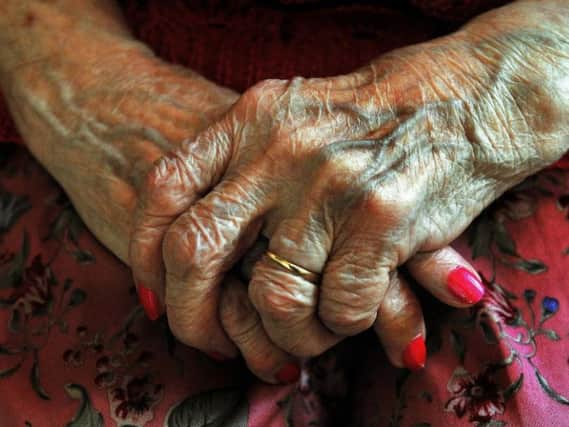Doctor's notes: Look for the benefits in difficult times


We often talk about the planned obsolescence of much electrical equipment.
White goods don’t last forever, in fact, they don’t last.
My parents’ first fridge lasted more than 30 years; their washing machine well over 20 years, and their Hoover vacuum cleaner – ‘beating as it swept as it cleaned’ – saw them out.
Advertisement
Hide AdAdvertisement
Hide AdThings, in general, don’t last – it is not as if we want the latest and the best – so we replace them.
They simply go wrong and repairs are often more expensive than replacements.
Life, living, being alive is not like that.
Boundaries have been pushed and pushed dramatically. Life expectancy is 72 years on average in the entire world and much higher in the developed West.
Two hundred years ago it was less than 40. Jesus Christ was old at the age of 33.
Advertisement
Hide AdAdvertisement
Hide AdIf we slip back just 100 years, one third of children did not grow into, or survive, their teenage years and many people succumbed to polio, measles, dysentery and, yes, the flu.
We live longer now, but how healthy are we in these added years?
The crisis in social care illustrates just how we are struggling... old we might be, but well we are not.
The fact that successive governments have not come up with a solution shows the extent of our denial. But this is a slow-burn crisis.
Advertisement
Hide AdAdvertisement
Hide AdAnswers can wait, it is only when something like the coronavirus pandemic hits us – yes, literally hits us – that we jump to attention.
The writer Yuval Noah Harari suggests we see the pandemic that we now face as a preventable human failure; something that can and should be put right.
He contrasts it with medieval times when people told themselves it was God’s will, or perhaps divine retribution for the sins of humankind.
‘God knows best’, we wicked humans deserve it, but in the end all will be well.
Advertisement
Hide AdAdvertisement
Hide AdToday we react so differently. Christians and those of other faiths see God with us, rather than against us, and the failures that caused it as something to be put right, something that can be mended.
The solution is a dramatic one; a massive one because it involves all of us and its success depends, in part, on us too.
And yes, there are benefits. We are talking to each other, caring for one another, spending time with our families – if permitted and when we can.
These are good things, as is, I think, the realisation that for many of us life and living is uncertain; that we cannot and will not live forever and therefore we may search and find meaning in the life that we have been given.
It’s gift to be cherished, a gift that I thank God for every day.